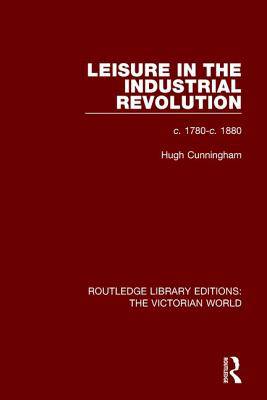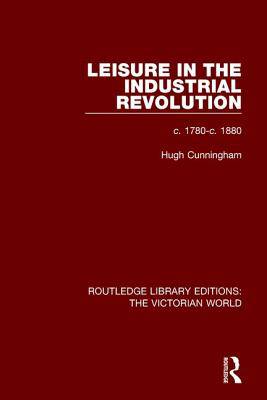
- Afhalen na 1 uur in een winkel met voorraad
- Gratis thuislevering in België vanaf € 30
- Ruim aanbod met 7 miljoen producten
- Afhalen na 1 uur in een winkel met voorraad
- Gratis thuislevering in België vanaf € 30
- Ruim aanbod met 7 miljoen producten
Omschrijving
First published in 1980. This book is a study of what different classes of society understood by leisure and how they enjoyed it. It argues that many of the assumptions which have underlain the history of leisure are misleading, and in particular the notions that there was a vacuum in popular leisure in the early Industrial Revolution; that with industrialisation there was sharp discontinuity with the past; that cultural forms diffuse themselves only down the social scale, and that leisure helped ease class distinctions. An alternative interpretation is suggested in which popular culture can be seen as an active agent as well as a victim. This title will be of interest to students of history.
Specificaties
Betrokkenen
- Auteur(s):
- Uitgeverij:
Inhoud
- Aantal bladzijden:
- 224
- Taal:
- Engels
- Reeks:
Eigenschappen
- Productcode (EAN):
- 9781138638662
- Verschijningsdatum:
- 28/11/2017
- Uitvoering:
- Paperback
- Formaat:
- Trade paperback (VS)
- Afmetingen:
- 156 mm x 234 mm
- Gewicht:
- 322 g

Alleen bij Standaard Boekhandel
Beoordelingen
We publiceren alleen reviews die voldoen aan de voorwaarden voor reviews. Bekijk onze voorwaarden voor reviews.











